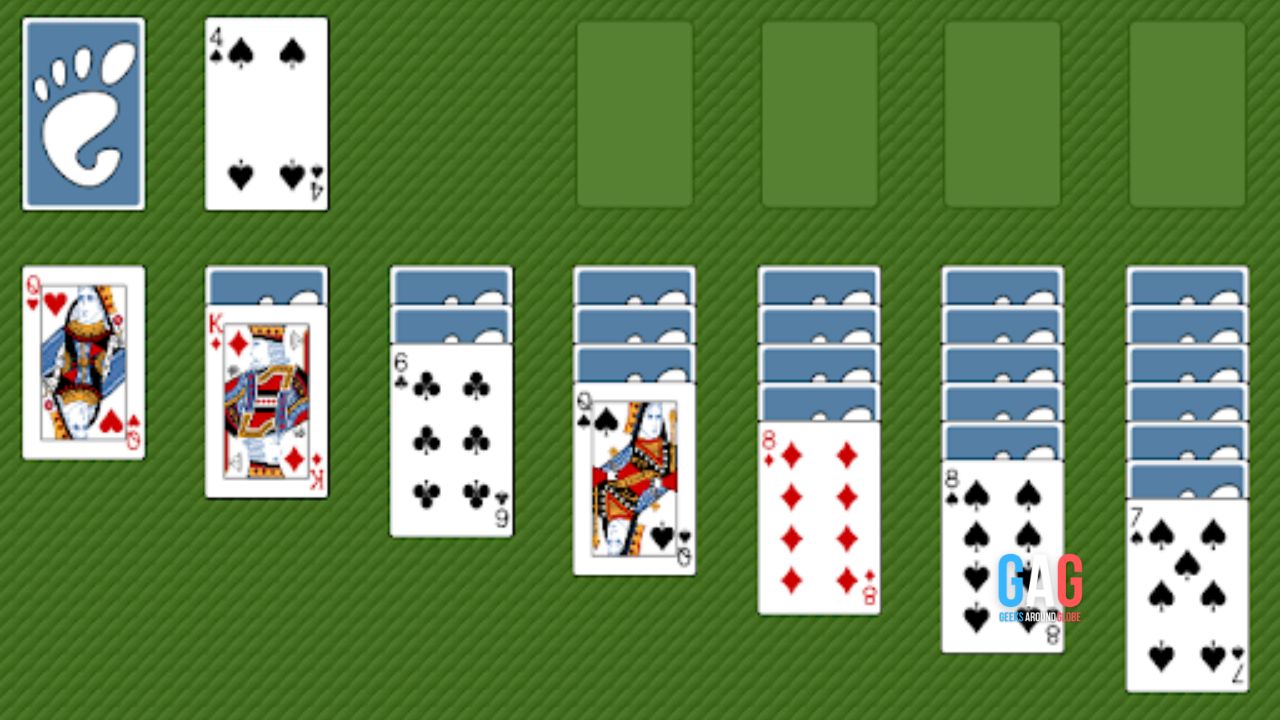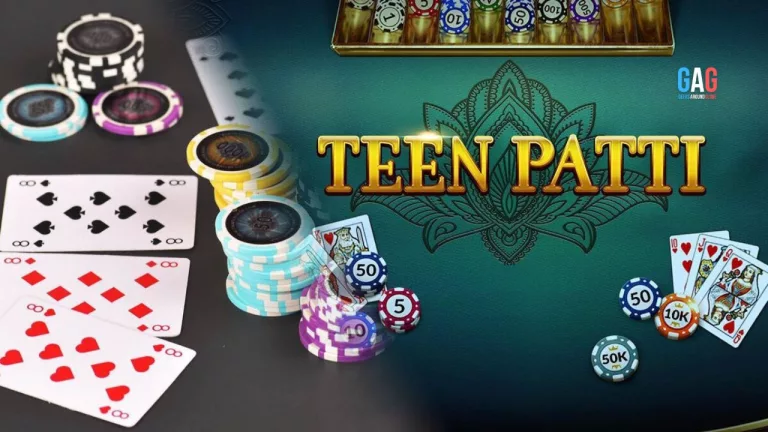Solitaire, a timeless game that has captivated hearts and minds for generations, comes in various forms and variations. One such intriguing variant is Napoleon Kabale, a unique twist on the classic solitaire game.
As we delve into the world of Napoleon Kabale, we’ll explore its origins, rules, and the delightful challenge it presents to players seeking a mental workout and a dose of entertainment.
Origins of Napoleon Kabale:
The roots of Napoleon Kabale can be traced back to the historical figure, Napoleon Bonaparte. The game is said to have been a favorite pastime of the French military leader during his exile on the island of Saint Helena in the early 19th century. It is believed that Napoleon devised this solitaire variant as a way to pass the time and engage his strategic mind during his solitary confinement.
Rules of Napoleon Kabale:
Napoleon Kabale is played with a standard deck of 52 playing cards. The objective is to move all cards to the foundation piles, following a specific set of rules. Here’s a step-by-step guide to playing Napoleon Kabale:
Setup:
- Shuffle the deck and deal 16 cards face up in a 4×4 grid.
- The remaining cards form the stockpile.
Foundation Piles:
- Create four foundation piles, one for each suit (hearts, diamonds, clubs, and spades).
- The foundation piles start with an Ace and build up to the King.
Tableau:
- Cards in the tableau can be moved to the foundation piles according to their suit and in ascending order.
- Cards in the tableau can be moved within the grid to expose hidden cards.
Stock Pile:
- Cards from the stock pile can be moved to the tableau or foundation piles.
- Once the stockpile is empty, it can be refilled with the cards from the waste pile.
Waste Pile:
- Cards from the stockpile are moved to the waste pile after being played.
- Cards from the waste pile can be played on the tableau or foundation piles.
Movement Rules:
- Cards can be moved to the foundation piles if they follow the ascending order and suit rule.
- Only Kings can be placed in empty tableau spaces.
Winning:
- The game is won when all cards are successfully moved to the foundation piles.
Challenge and Strategy:
Napoleon Kabale offers a unique challenge compared to traditional solitaire games. The limited tableau grid and the requirement to move Kings into empty spaces add an extra layer of complexity, demanding strategic thinking and careful planning.
Players must carefully consider each move, thinking several steps ahead to ensure they don’t trap essential cards or hinder the progression of the game. The game’s design encourages players to exercise their cognitive skills, enhancing memory, attention to detail, and decision-making abilities.
Furthermore, the historical connection to Napoleon Bonaparte adds a layer of intrigue to the game, allowing players to imagine themselves in the shoes of the renowned military strategist as they navigate the challenges of Napoleon Kabale.
The Mental Benefits of Napoleon Kabale:
Solitaire games, including Napoleon Kabale, are not merely sources of entertainment; they also offer numerous mental benefits. Playing solitaire regularly can enhance cognitive functions such as problem-solving, critical thinking, and strategic planning. The game requires players to analyze the current state of the tableau, make decisions based on the available options, and adapt their strategy as the game progresses.
Engaging in this strategic card game can have a positive impact on various cognitive functions and contribute to overall mental well-being.
1. Enhanced Cognitive Skills:
- Problem-Solving: Napoleon Kabale requires players to analyze the current state of the tableau, assess available moves, and plan ahead. This constant problem-solving exercise stimulates the brain and enhances logical reasoning skills.
- Critical Thinking: Players must make decisions based on the evolving card layout, considering the consequences of each move. This fosters critical thinking skills as they evaluate multiple options and choose the most strategic path.
2. Memory Improvement:
- Card Recall: Success in Napoleon Kabale relies on remembering the location and value of various cards within the limited tableau grid. Regular play can improve short-term memory as players memorize card positions and make informed decisions based on this information.
3. Attention to Detail:
- Focus and Concentration: The game demands sustained attention as players track card movements, identify potential moves, and plan their strategy. This heightened focus can transfer to other aspects of life, improving overall concentration and attention to detail.
4. Strategic Planning:
- Long-Term Strategy: Napoleon Kabale challenges players to think ahead, considering the consequences of each move on the overall progress of the game. This strategic planning aspect helps develop the ability to set and achieve goals, a skill applicable in various real-life scenarios.
5. Stress Reduction:
- Mindful Distraction: Engaging in a game of Napoleon Kabale provides a mindful distraction from stressors and worries. The rhythmic nature of shuffling cards and the focused attention required during gameplay can act as a stress-relieving activity, promoting relaxation.
6. Patience and Perseverance:
- Resilience Building: Solitaire games, including Napoleon Kabale, often require patience and perseverance to overcome challenges. Players learn to adapt their strategies, endure setbacks, and persist in the face of adversity—a valuable mindset applicable in both gaming and life.
7. Mindfulness and Relaxation:
- Focused Engagement: Playing Napoleon Kabale demands the player’s full attention, creating a state of mindfulness. The immersive nature of the game can serve as a relaxing mental exercise, offering a break from the hustle and bustle of daily life.
8. Neuroplasticity Stimulation:
- Brain Flexibility: Regular engagement with Napoleon Kabale stimulates neuroplasticity—the brain’s ability to reorganize and form new neural connections. This contributes to overall cognitive flexibility, adaptability, and the maintenance of brain health.
End Note
Napoleon Kabale stands as a testament to the enduring appeal of solitaire games and their ability to evolve into captivating variants that challenge and entertain players. With its roots in the historical past and its intricate ruleset, Napoleon Kabale offers a delightful blend of history and strategy.
Whether you’re a seasoned solitaire enthusiast or a casual card game player, Napoleon Kabale provides a fresh and engaging experience that can transport you to the strategic mind of Napoleon Bonaparte. So, the next time you find yourself yearning for a mental challenge, shuffle a deck of cards, set up the Napoleon Kabale tableau, and embark on a solitaire odyssey that combines history, strategy, and the timeless joy of card games.


